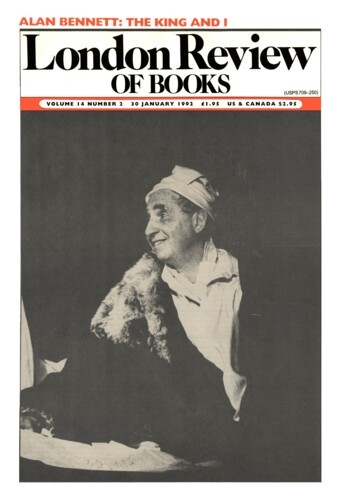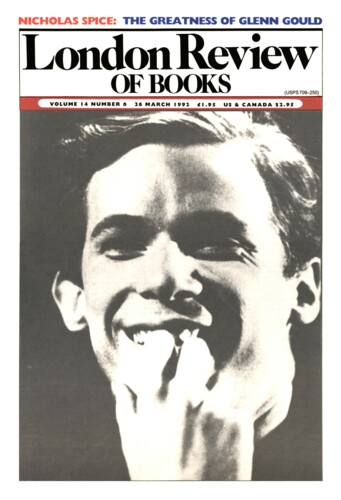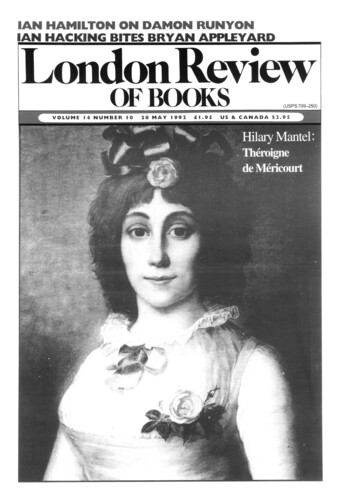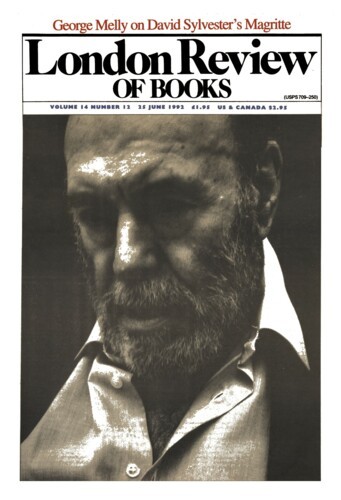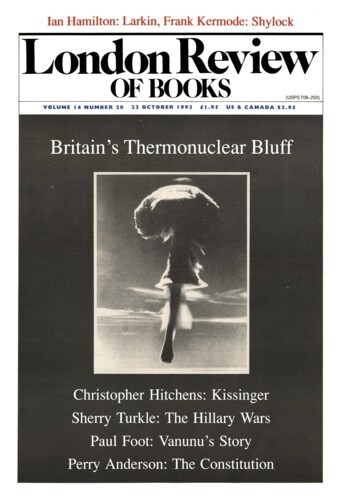Year One
John Lloyd, 30 January 1992
The Government of Russia has begun the year badly, even ominously. The flailing impotence of Mikhail Gorbachev has been replaced by Boris Yeltsin’s control by stealth. Gorbachev was open about the need for the retention of All-Union institutions: Yeltsin condemned his efforts, helped form the Commonwealth of Independent States – and has since then ensured that Russia controls all of the formerly common mechanisms in its own name. The Central and Foreign Currency Banks (Gosbank and Vnesheconombank) are under the Russian State Bank, which means that it controls how much credit and currency all the republics – including the three Baltic republics – have access to. Russia’s price liberalisation of 2 January forced every other republic to follow suit, or have their shelves stripped by Russian shoppers. Communications and transport, necessarily centrally-controlled, are now under Russian rubrics – which means that Aeroflot in Moscow will not sell a return ticket from another republic, only an outward bound one.
